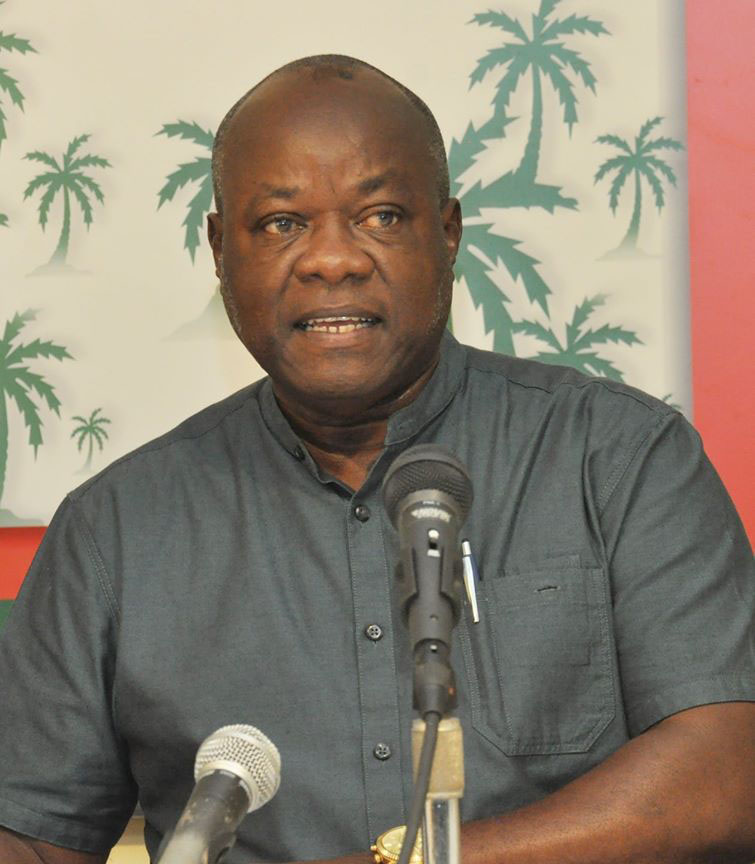As the government pushes for the establishment of a National Intelligence and Security Agency (NISA), Leader of the Opposition, Aubrey Norton is already making his objections to the bill known.
The NISA Bill was on Monday introduced to the National Assembly by Attorney General and Legal Affairs Minister, Anil Nandlall.
Subject to its introduction to the house, the bill seven days after being published in the Gazette and circulated to the Members, can then be read for the second time.
At the second occasion, a general debate takes place on the bill. The bill is then later considered by a Committee of the Whole Assembly, unless the Assembly refers the bill to a Select Committee.
The next step includes any amendments or changes proposed by a Member to the bill that are considered before it is read for the third and final time.
Upon the third reading of a bill, if there are no further amendments proposed, the bill is passed by the Assembly, then submitted by the Clerk to the President for his signature and finally made into law.
However, with the Opposition having the bill in its possession, the Leader, who said that he only had a brief look at the documents says that in its current form the bill must not go through.
“From our standpoint, it is retrogressive, it is dictatorial and it’s not going to promote security. It is going to result in political harassment; harassment to citizens and violation of their rights,” Norton posited.
According to the bill, the President maintains full powers over the agency dubbed to enhance the state’s defence and policy and also to co-ordinate the state’s defence and law enforcement activities relating to national intelligence and security.
The Agency would be responsible for collecting data, processing it from many sources and provide such data, report and also advice to the President on matters of national security.
The Agency would also be tasked with the responsibility to do investigations on matters relating to national security.
Choosing the director of the agency will be done by the President and the director will be named from the GDF, the GPF, or a civilian agency.
Members the agency are expected to swear to several secrecy laws, which if violated can see jail time or fines.
Under such instances, Norton says, while the Agency is needed it cannot be set up so in that manner where the President possesses so much power.
“While we believe that there should be an intelligence agency, we don’t believe that it should have sweeping powers, that the President [should be] appointing this person to suppress people’s views.”
“It does appear to me that they are setting up a dictatorship, they are going to violate people rights, and they are putting the legal framework to do that”, Norton railed.
As such, Norton says in its current form the bill should not go ahead and that his full explanation on why will come later.
Clause 24 provides for the provision of information by public bodies to the Agency on request by the Director notwithstanding the Access to Information Act 2011 or any other law.
Clause 25 provides that for the purposes of the Access to Information Act 2011 the Agency shall not be regarded as a public authority.
Clause 26 provides for the Agency to be kept apprised by entities in the security sector with all “relevant and timely information and intelligence relating to national security interest”.
Under Clause 32, the Director with the approval of the President may assign officers of the Agency to serve as liaison officers to embassies abroad, when necessary for the fulfilment of the responsibilities of the Agency pursuant to this Act. (Joseph Allen)




